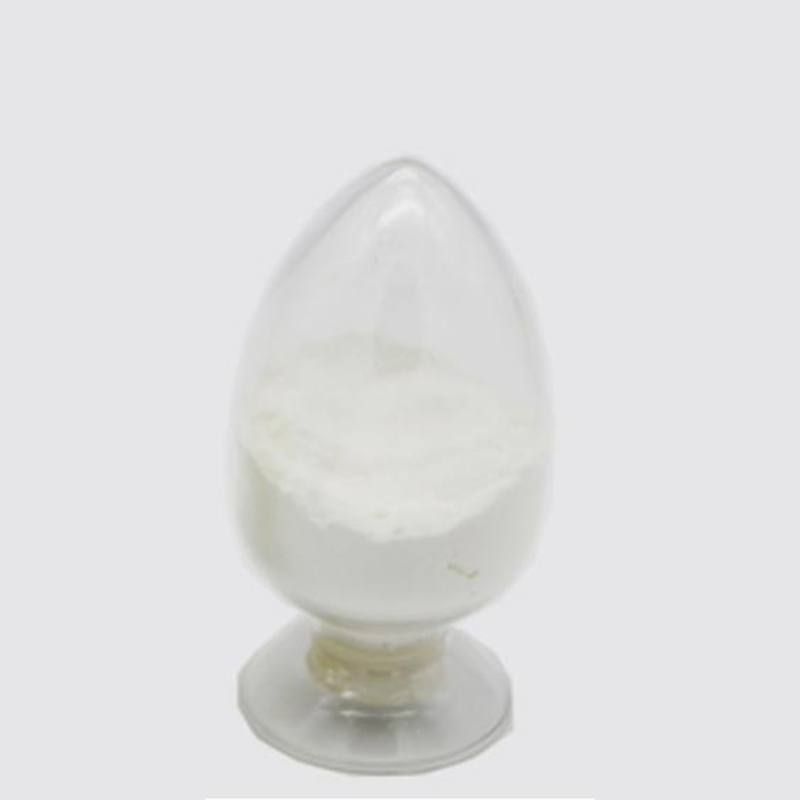
Dicamba, a controversial herbicide, has been making headlines once again as concerns rise over its impact on oat crops. The herbicide has been at the center of a heated debate over its potential to harm non-target crops, prompting many farmers to voice their concerns.
The issue first came to light when reports began circulating about the widespread use of dicamba on oats, a popular crop for farmers across the country. According to industry experts, dicamba has been increasingly used on oats in an attempt to control troublesome weeds and improve yields.
However, the use of dicamba on oats has sparked controversy due to its potential to drift and cause damage to neighboring fields. This has raised concerns among farmers who rely on oats as a crucial part of their agricultural operations.
The controversy has put the spotlight on Chemjoy Company Limited, a major producer of dicamba-based herbicides. The company, founded in March 2015, specializes mainly in high-end chemical active ingredients and high value-added fine chemicals industrialization development, large-scale manufacturing, and competitive sales.
In response to the growing concerns, Chemjoy Company Limited has issued a statement assuring farmers that their products are safe and effective when used according to the label instructions. The company has also emphasized the importance of following best practices to minimize the risk of dicamba drift.
Despite these reassurances, many farmers remain skeptical about the use of dicamba on oats. Some have reported instances of crop damage that they believe is linked to the herbicide, raising questions about its impact on oat yields and quality.
The controversy surrounding dicamba on oats has also caught the attention of regulatory agencies. The Environmental Protection Agency (EPA) has been monitoring the situation closely and has announced plans to review the use of dicamba on oats to determine if any regulatory actions are needed.
In the meantime, farmers are left to navigate the uncertainty surrounding dicamba and its potential impact on their oat crops. Many are calling for greater transparency and accountability from companies like Chemjoy Company Limited, as well as clearer guidelines from regulators to ensure the safe and responsible use of dicamba.
Amidst the ongoing debate, industry stakeholders are also advocating for increased research and education on dicamba and its effects on oat crops. By better understanding the risks and benefits of dicamba, farmers can make more informed decisions about its use and minimize the potential for unintended consequences.
As the controversy continues to unfold, it remains to be seen how the issue of dicamba on oats will be resolved. With the livelihoods of many farmers at stake, finding a balance between weed control and crop protection will be essential in preserving the future of oat farming. In the meantime, the focus remains on finding sustainable solutions that prioritize both agricultural productivity and environmental stewardship.
